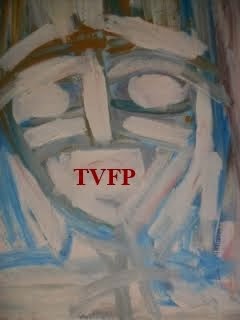The concept of a library goes back to at least 2250 BCE when learned men in ancient Ebla in north western Syria began to collect and organize cuneiform records. Perhaps the most famous library of antiquity was at Alexandria in Egypt. It was founded by one of the early Ptolemy's around the mid to late 3rd century BCE. Historians think the library was destroyed by Julius Caesar, in one of those collateral damage events that happen during armed conflicts. Another library called The Serapeum, or daughter library, was, burnt down intentionally in the late 4th century by Theophilus, the bishop of Alexandria, perhaps because it also served as a pagan temple and because it housed certain texts deemed to be heretical by Christian bishops in Rome.
When I think of collateral damage and book burning I think of Nag Hammadi. It's another old library, dating back to probably the end of the 4th century CE. Nag Hammadi is a small village in Upper Egypt, near Luxor and the site of an ancient Coptic monastery.The library itself could easily fit in the trunk of a car. That is because it came housed in a clay jar of the time used probably for the transport of oil or wine. The content, 52 codices or crudely bound books, are copies of Christian writings from as early as the end of the 1st century CE. They were buried by the Coptic monks around 390 CE in defiance of an edict by the Bishop of Rome to burn everything that did not conform to that Church's version of Christianity.
The Nag Hammadi Library contains the Gospel of Thomas, written perhaps as early as 60 CE or as late as 140 CE and which contains wisdom sayings of Jesus. Other texts include the Secret Book of John concerning redemption, The Gospel of Truth on the nature of existence and the Sophia of Jesus Christ concerning the feminine spiritual principle. As a whole these codices describe a very different view of the lifeand influence of Jesus than the one that has been passed down to us. You can find these and other subversive texts at the Parkdale Library.




No comments:
Post a Comment